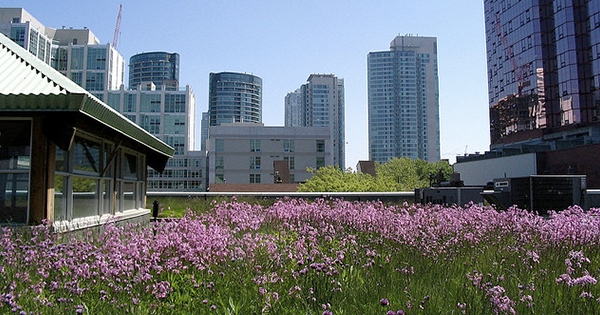
I’m often asked what difference individuals can make in the face of global climate change? How can we influence the greenhouse gas emissions of nations, particularly when some of the world’s biggest corporations are involved in energy production? Despite the proclamations of green activists, the scale of the problem can be pretty disempowering.
And yet, communities and individuals are indeed having a surprisingly powerful influence on how their electricity is generated and are proving an important part of the global move toward renewable energy.
Producing sufficient reliable energy without exacerbating climate change is one of the biggest challenges we face as a global society. Experts have estimated that switching to an entirely low-carbon energy supply could cost £110 billion ($166 billion) over the next decade for Britain alone. Finding venture capital, corporate and public finance for the large–and many small—projects needed to make the clean-energy transition, seems daunting.
Yet, it is also one of the biggest opportunities—and not just for the big players. Last year, 60 percent of new investment in electricity generation was spent on renewables—some $270 billion—even though fewer countries were tied to legally binding international emissions-cutting targets than at nearly any point in the past two decades. The vast majority of that investment was from the private sector and for good reason—investing in renewables makes great financial sense. In the past decade, 70 percent of new power capacity added in Europe has been renewables; globally, more than 100,000 megawatts-worth of clean energy capacity was installed last year alone. (To be clear, this is capacity, not energy.)
Although the most ambitious projects are being spearheaded by the big corporate players, especially in China and Japan, a growing and relevant grassroots movement is gathering force. Crowdfunding, whereby a collective of individuals, small businesses and organizations pool their resources to fund windmills or a small solar farm, is taking off across Europe and the United States. The approach has the potential to scale up renewables, while, importantly, involving people directly in their local energy generation, and dispelling prejudice against unpopular choices, like wind turbines. In some cases, such as in Nottingham in the United Kingdom, local councils are helping to create a more level playing field between community energy and the big companies. Other municipalities are facilitating crowdfunding to help tackle fuel poverty, enabling poor people to fix solar panels to their roofs, for example.
Crowdfunding platforms, such as Abundance Generation in the United Kingdom and Solar Mosaic in the United States, offer investors a way of earning money from small-scale energy projects. Crowdfunding is a great way of empowering small projects that would otherwise struggle to attract traditional investment, and it can be much faster: Dutch homeowners bought more than $1 million in wind turbine shares in a single day in 2013. Energy cooperatives, particularly in Denmark and Germany, are also proving a quick way of transforming electricity generation from centralized fossil fuel production to local clean power. These cooperatives give local people some control over their electricity generation, transforming the relationship between individuals and energy use.
Crowdfunding has the potential to enable individual members of society who care about global warming to collectively wield power and have a stake in electricity generation. Such schemes usually rely on national infrastructure and support, however, and that is where the next revolution needs to come, creating an efficient tapestry of clean energy production.

